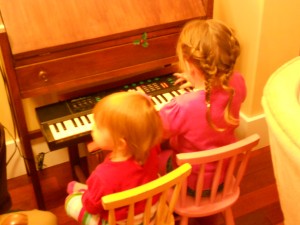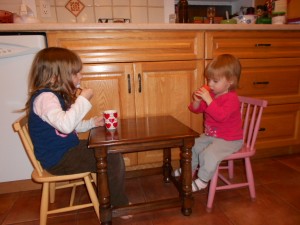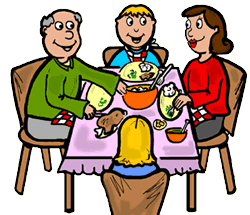If you need a formula for magic, combine art, manners, kids and imagination. This month, people who work with kids are sharing their wishes for programs like preschool and kindergarten. Both moms, Nicolle and Catherine, wanted more hands-on activities and Nicolle had a suggestion. Not just play dough, how about a clay station?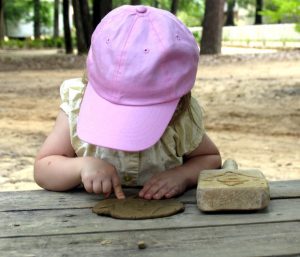
The word clay reminded me of a friend Terri Hardin, a Disney sculptor. In her book, she writes she was “Constantly creating and always in motion….” Doesn’t that sound like kids too? Always on the go with minds thinking and bodies making. Even when kids are taking things apart, they are still creating.
Terri also wrote about why clay was so appealing to her. We live in a 3-d world. Sculpting is creating in 3-d while drawing is trying to squeeze three dimensions onto a 2-d paper. There are other differences too. While both use imaginations, clay is far more sensory for hands than paper, paints, and crayons. Kids can really dig their hands into clay. No wonder a clay station is a wish for children’s care programs and school.
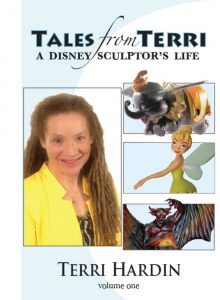
In an e-mail from Terri she is sharing her latest project, a show for kids that combines art, manners, kids, and imagination in both 2-d and 3-d. Some 2 dimensional characters, Dabbler and Bump, explore manners along with the host Mifren who “will draw, sculpt, paint and glue, do origami and pumpkin sculpt, carve ice, or do just about anything, to show kids all the different ways they can express themselves besides just talking.” Using a magic art easel, they travel into the 3-d world of out-going teen Buddy. Here is a link to the KickStarter campaign now until there is a website: https://www.kickstarter.com/projects/803941245/mifrens-manner-a-kids-show-inspiring-manners-throu
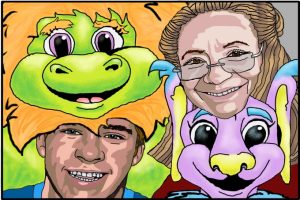
Often on this blog, I’ve written about the critical importance of social skills for children’s development. The goal of the show is something we all want, “If we teach appropriate behavior and social tolerance during these years, we can create a safer social and school environment.” This is surely something we all want. Isn’t it wonderful to have a wish that can come true?

